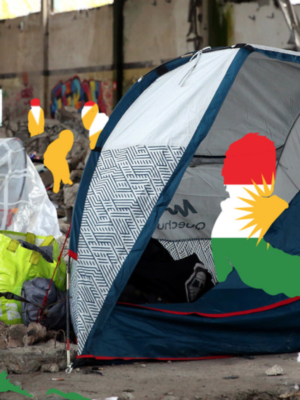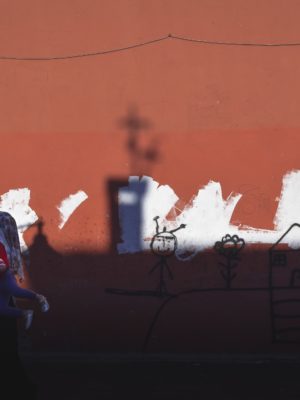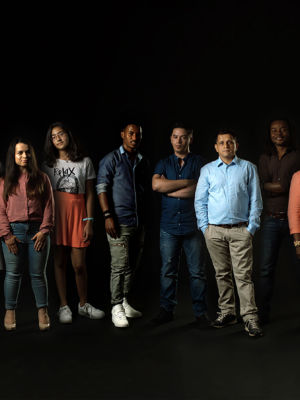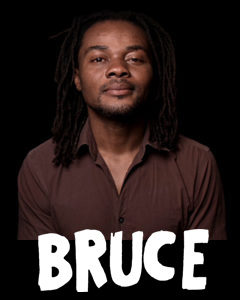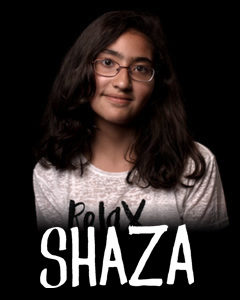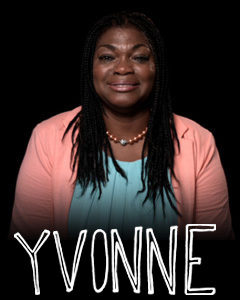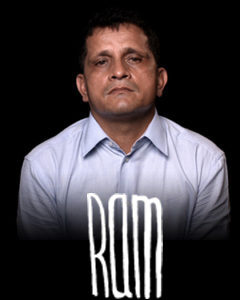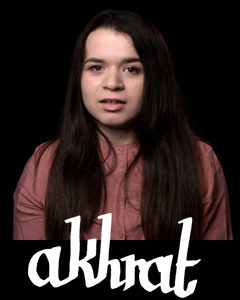Listen back: Fighting impunity: a victims’ perspective
On the 16th of October Guatemalan and Ugandan survivors of human rights violations shared their stories about their pursuit of justice and fight against impunity.
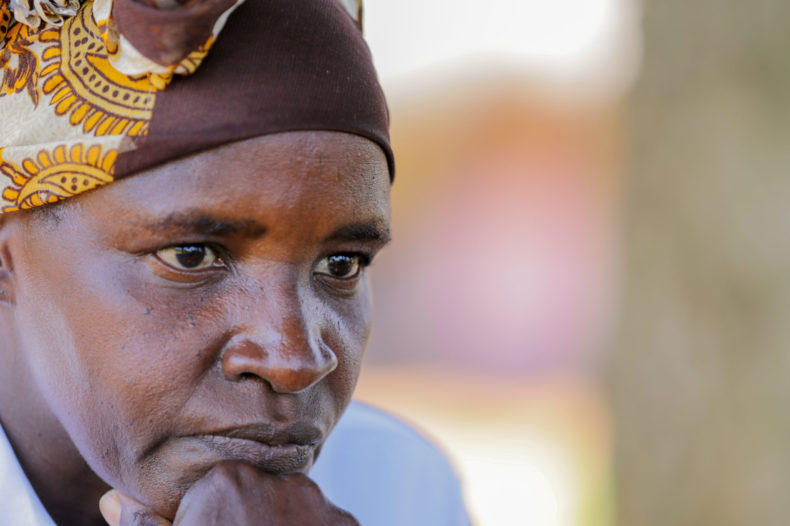
In the aftermath of conflict or periods of large-scale human rights violations, societies must be rebuilt. Societies must be given time to heal, the rule of law must be restored and there must be recognition for the injustice that victims have suffered. How can victims help shape transitional justice processes and how do we ensure they participate meaningfully therein? Guatemalan and Ugandan survivors of human rights violations share their stories about their pursuit of justice and fight against impunity.
Transitional justice refers to the range of processes and mechanisms that may be used by societies emerging from periods of armed conflict or repression to address legacies of violence and large-scale or systematic past human rights abuses, as well as their root causes. It consists of both judicial and non-judicial measures, such as truth-seeking, criminal investigations and prosecutions, reparations programmes, institutional reform or a combination thereof. Over the past few decades, we have seen increasing recourse to these instruments in post-conflict contexts around the world.
This panel discussion offers a rare opportunity to hear from survivors from Uganda and Guatemala on this topic. They share their testimonies and experiences. They discuss what they have achieved as well as the recurring challenges they face in their pursuit of truth, justice and reparations following lengthy internal armed conflicts, which are usually characterised by large-scale human rights violations. We will also enter into discussions about how we can best support their struggle.
About the speakers
- Alicia Juarez from Guatemala is a victim of the wave of violence and enforced disappearances that hit rural communities along the south coast of Guatemala in the early 1980s. She is one of the co-founders of victim organisation Asociacion Memoria Dignificación y Esperanza (AMDE). Alicia explores how poverty exacerbates challenges to the fight against impunity, as well as her experience on how victims pursue justice at the national and international level.
- Elizabeth Adongo Ayenyois a survivor of the conflict in Through her own experience, but also her commitment to other victims and survivors, she helped to establish a peer support group and has grown into a network leader. Elizabeth shares her story of seeking justice and surviving multiple forms of violence at the hands of both the Ugandan government and rebel forces.
- Patrick Ocen from Uganda is a former child soldier. Patrick reflects on the unique challenges of children born in captivity and how education is imperative to guarantee a better future for them.
- Emma Guadalupe Molina Theissen from Guatemala was 21 when she was arrested by members of the military on her way home from a political meeting. She was subsequently detained, tortured and raped repeatedly. Emma managed to escape and flee the country, unaware that her younger brother was taken in retaliation. To date, his fate and whereabouts remain unknown. Emma talks about how she and her family eventually sought justice for the benefit of all victims in Guatemala.
- The discussion will be moderated by Marlies Stappers. Marlies is the founder and executive director of Impunity Watch, with over seven years of grassroots field experience in Guatemala where she worked directly with victims of the armed conflict.
This event is organized by Impunity Watch and the Redress Trust with the financial support of the Dutch Ministry of Foreign Affairs, as part of their joint project Strengthening Victim Participation in the Fight against Impunity for International Crimes.
Check out the facebook-event here.

